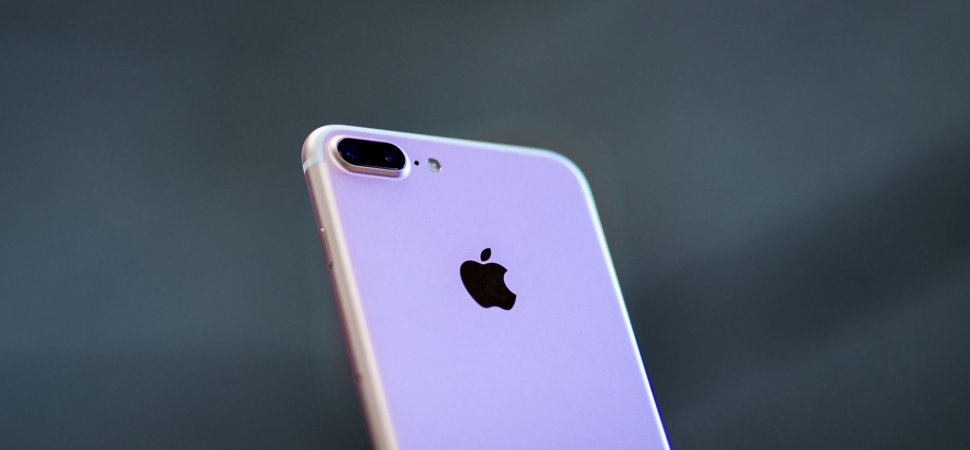The world is changing, and it’s all about your voice.
In my house, there are voicebots everywhere. In the kitchen, I use Google Home speaker to ask about recipes and the weather. In my office, there’s an Amazon Echo connected to a high-end stereo, which I use to control my music collection by voice. You’d think that would be enough, except that I have another Echo Dot in my family room, and another Echo in an upstairs room. In my car, I’m constantly talking to Siri and the Google Assistant.
Where will it end? More importantly–when will it end?
I’m predicting that, by 2025, voicebots will become so prevalent, so powerful, and so useful in all areas of business and our personal lives that we won’t need smartphones anymore.
I’ll try to prove my case here, but what I’m envisioning is basically a world where bots recognize our individual voices everywhere we go. They’ll understand us at home, in the car, in the office, and in between. Even in weird places like an airport, we’ll talk to earbuds (and not a watch, by the way) to make calls but skip the apps. When we want to watch a movie, we’ll use a larger screen device like a tablet (likely with a flexible fold-out screen) and not a phone.
Apple will move on to other gadgets. So will Samsung and Google. Gadgets in general will continue to transmogrify and become more hidden and obscure–built into the wall, our vehicles, and in a desk. The computer will survive, of course. We’ll use them for productivity work well into the next decade, although they might be built-in to a desk or a wall as well. The handheld “personal assistant” device won’t be necessary.
Most of these predictions are really based on how fast AI is improving. Name just about any app you use on a daily basis, and a voicebot like Alexa can easily replace it. I use an app called Bandsintown to find out about local concerts, but Siri or Alexa could easily feed this information to me. For social media, I post on Twitter, but I could easily dictate these messages by voice. Even better, a bot could track my daily activity, figure out what I normally do and even what I usually say, and schedule those tweets automatically. Weather reports, stock market summaries–they’re all perfectly suited to a voicebot. Many of the apps you use today could be easily ported to a voice interface.
What about those that can’t, like a photo-editing app or a game? Those activities are better suited to a larger screen anyway. Gaming for some of us is a “lean back” activity, similar to watching a movie. Real photo editing works better on a laptop. The point is–smartphones will lose their power over us as the voicebots take their place.
A few years ago, I realized why a voicebot works better than an app. In the early days of the GPS, it was a visual exercise. You typed in the address, then looked at a screen in your car and listened to instructions at the same time. Then something pretty radical changed, at least for me. I stopped looking at the screen. In fact, I don’t bother using a screen for navigation in my car. A voicebot provides all of the information that’s required to get me to my destination. It’s much safer to listen and make a turn. Any visual distraction makes it more confusing, more annoying, and more cumbersome.
The same paradigm shift is happening with weather apps, those for taking notes like Evernote, anything related to the news, and even texting. I look up a weather website or use an app maybe once per month. Why? Because I listen to a detailed forecast using Alexa instead. I don’t have to type anything, look at anything, or even change my focus. Lately, I’ve started texting by voice much more often. I’m using apps less and less.
That’s what this is all about–app overload.
So many of us swipe through the same apps all day, checking the same information, when we could use an AI to help us. There are situations where you can’t talk to a bot, but–in all honesty–those are the situations where it makes sense to focus on those around you in a restaurant at dinner or at the mall. Again, earbuds will become our phones in crowded places, bigger screens will provide entertainment, a much larger screen or a laptop will help us stay productive…and for everything else we’ll use voicebots.
The smartphone will eventually turn into a relic of a previous age.












